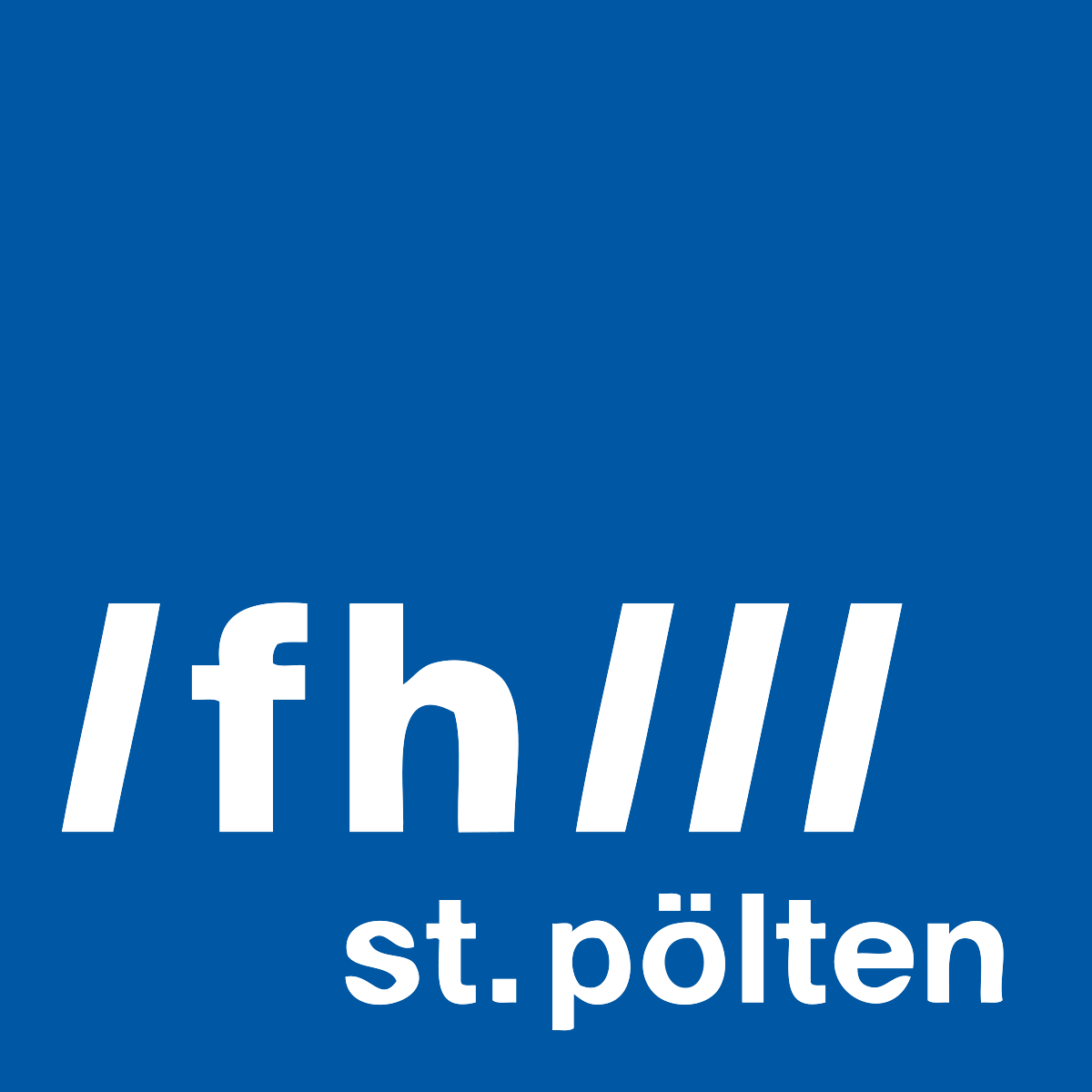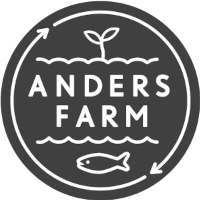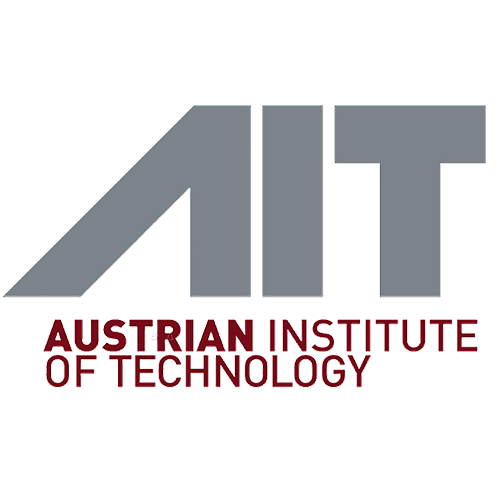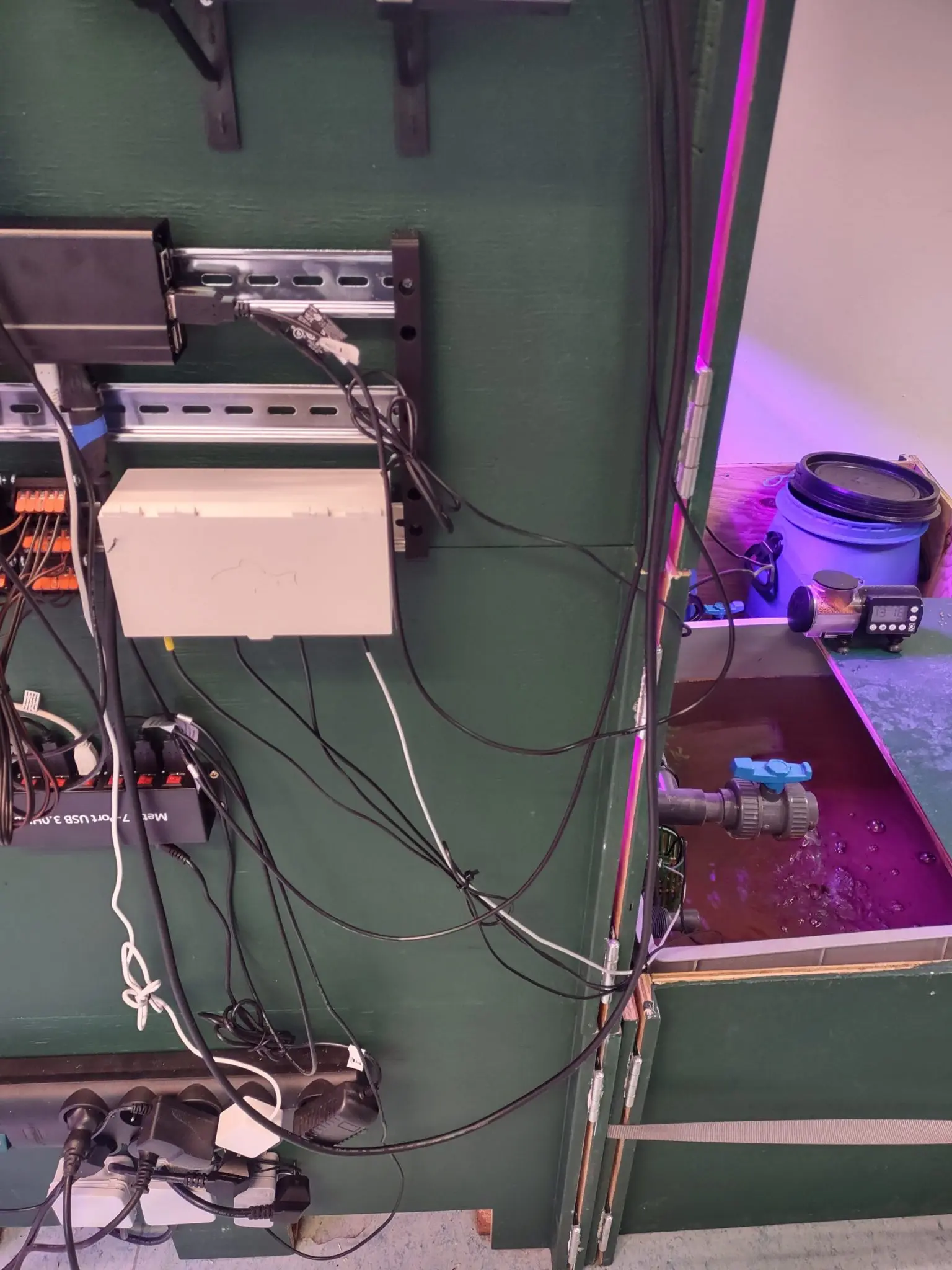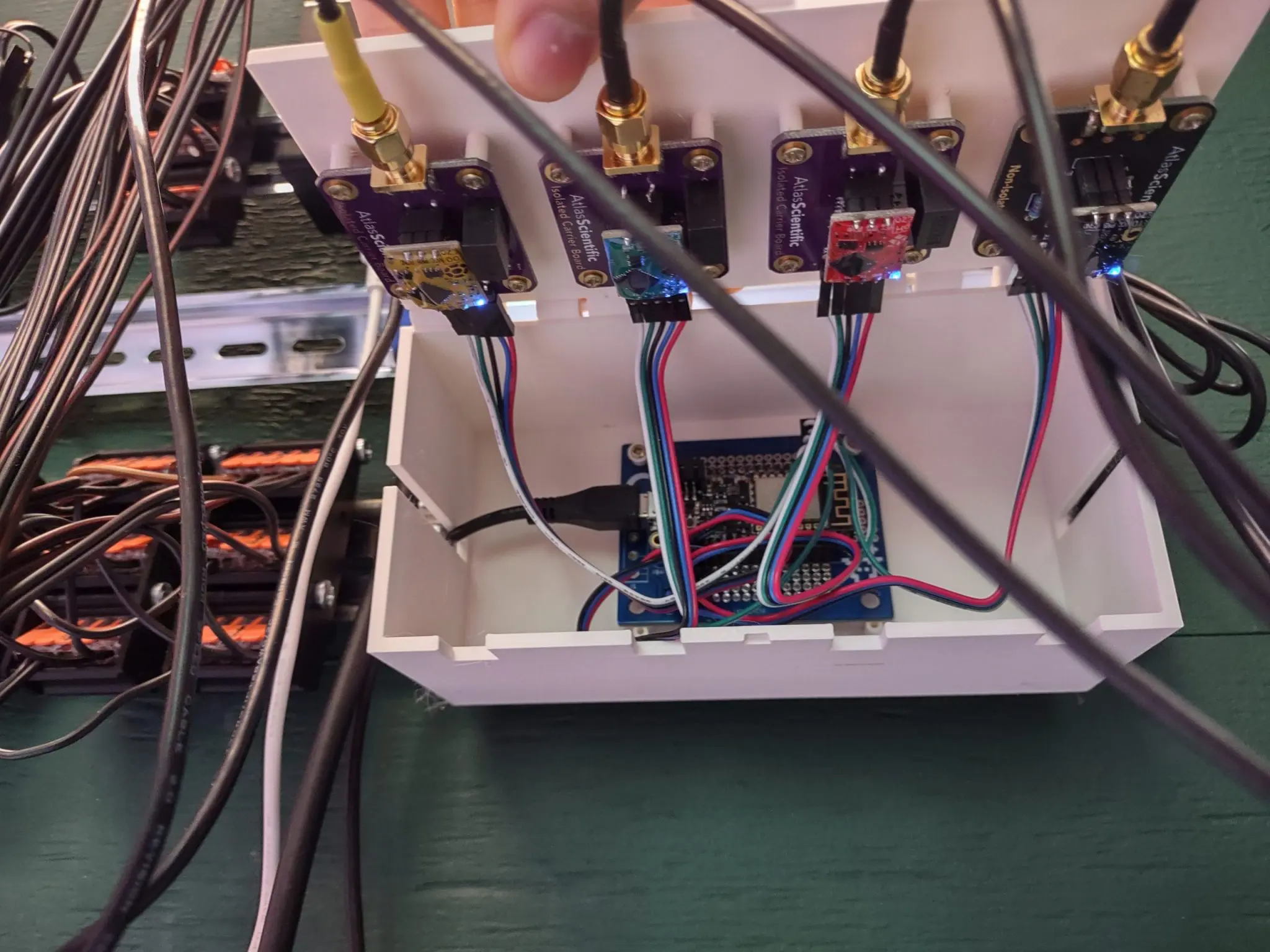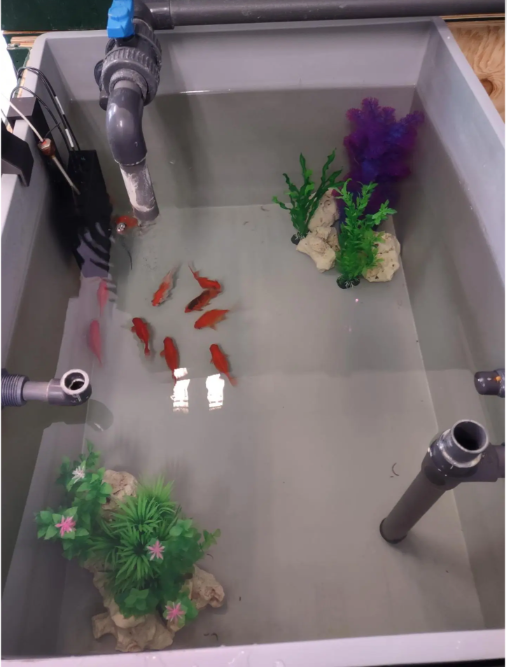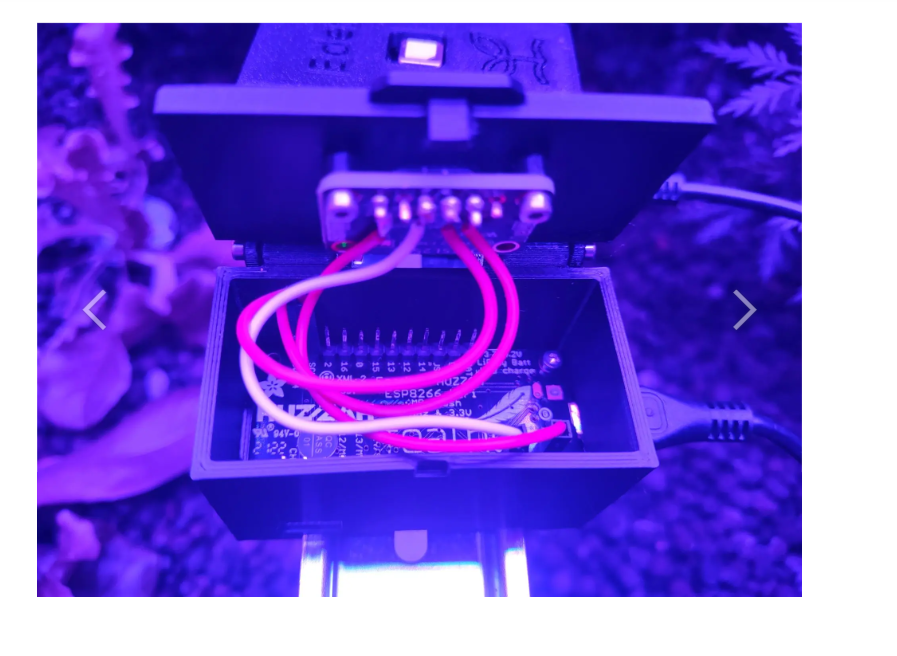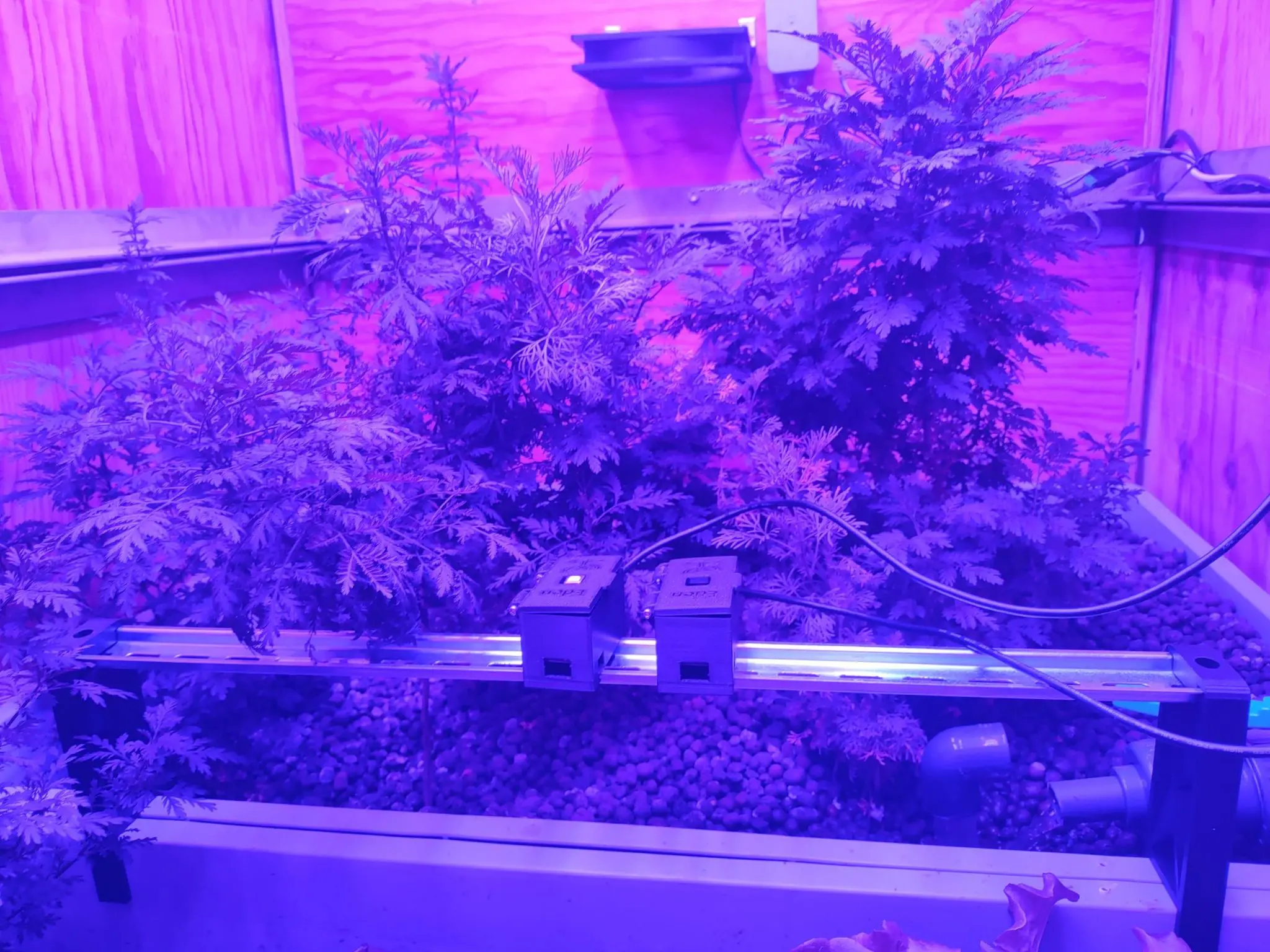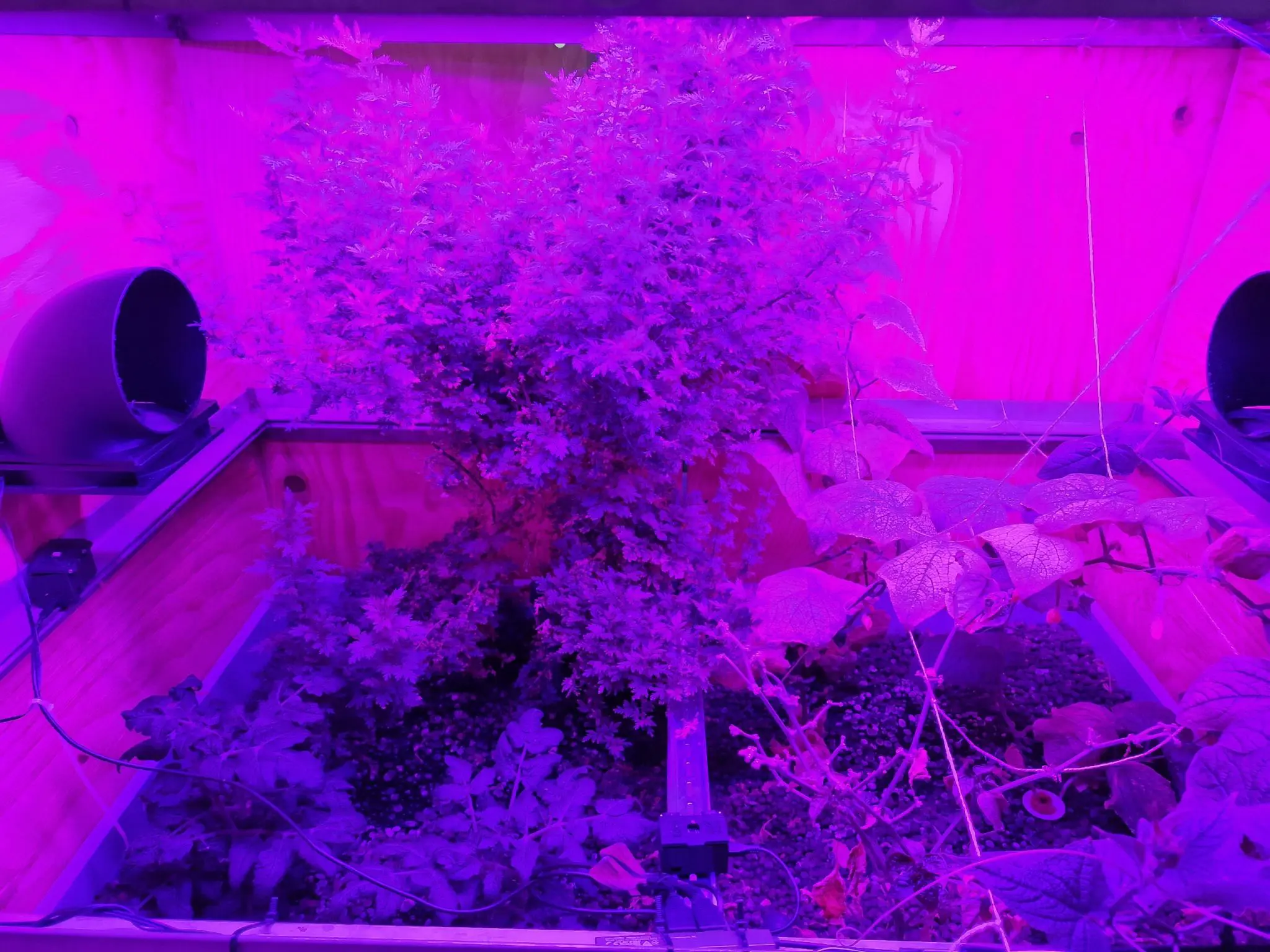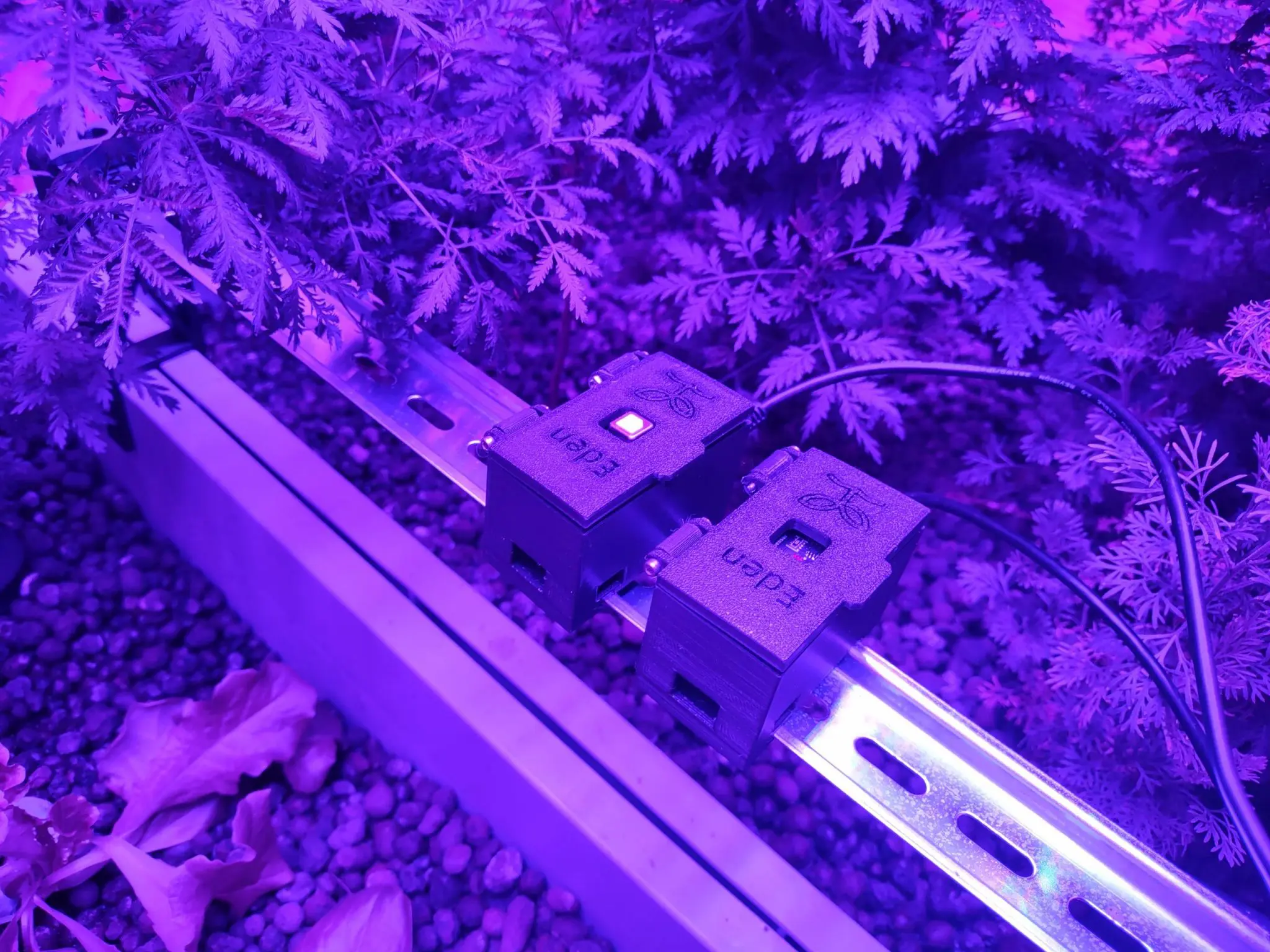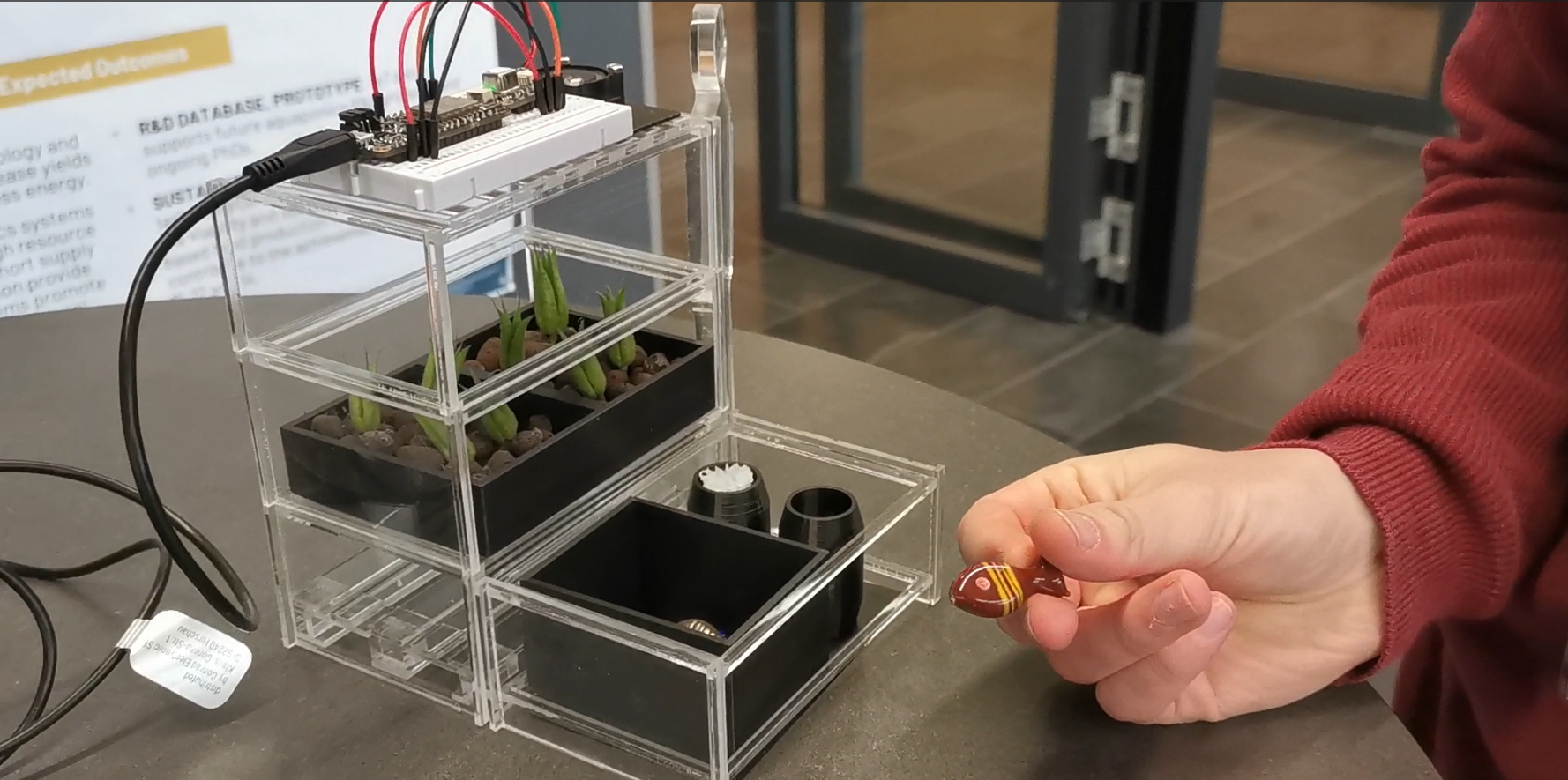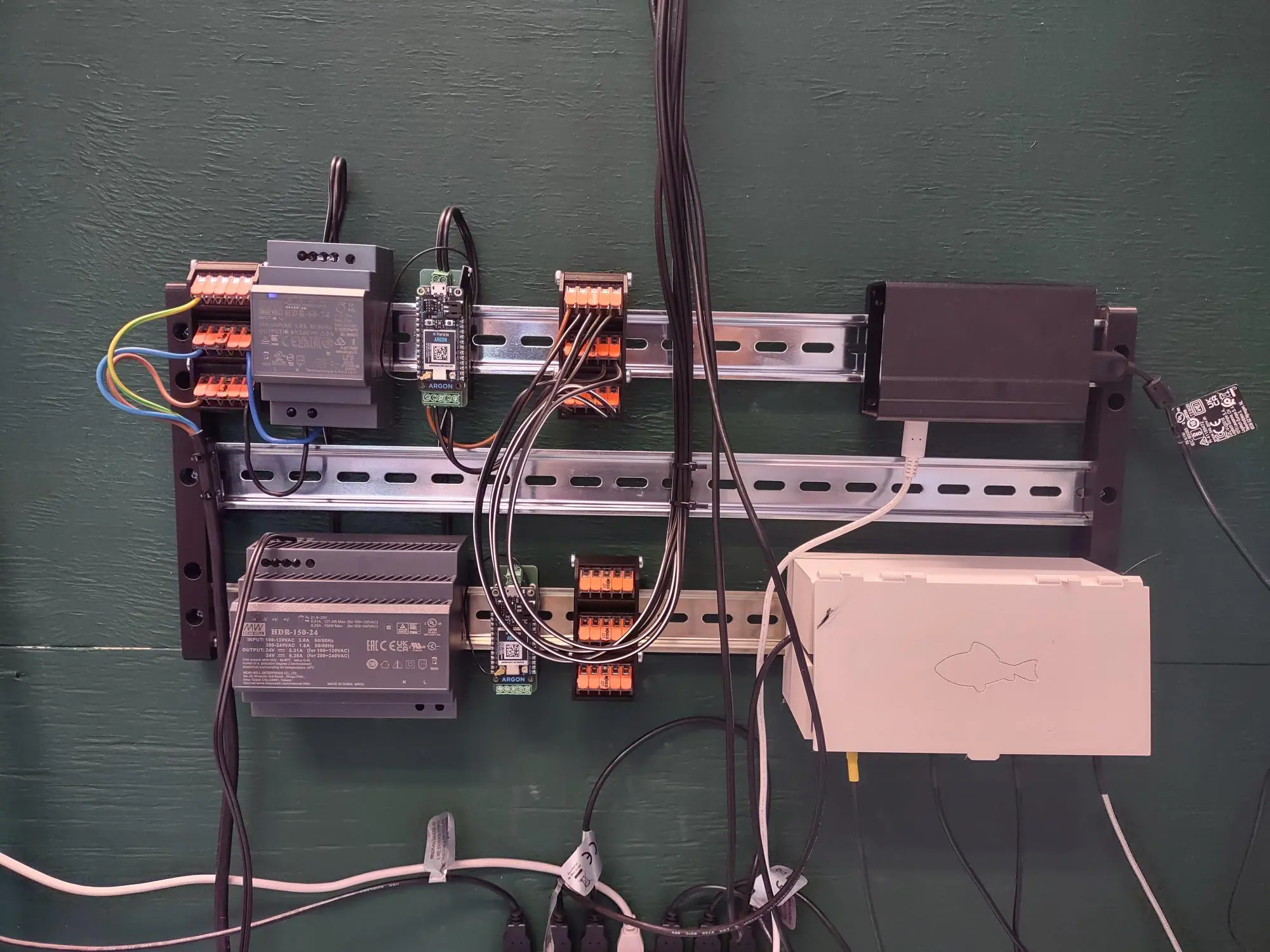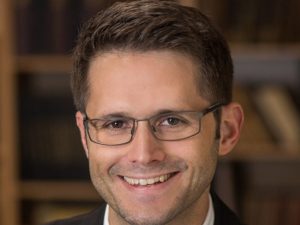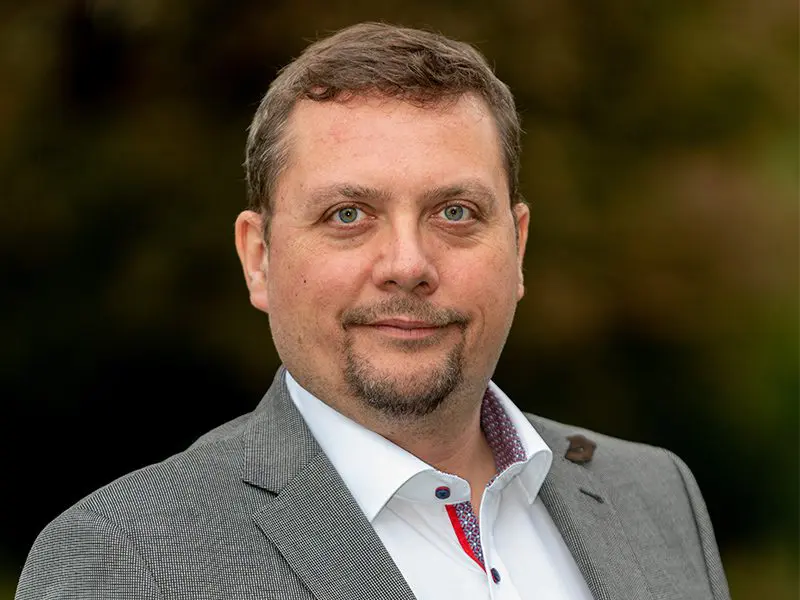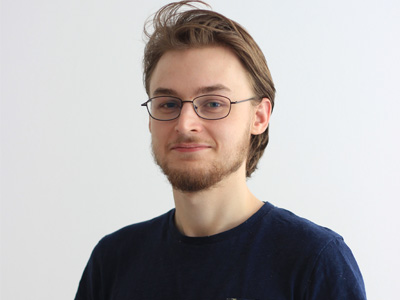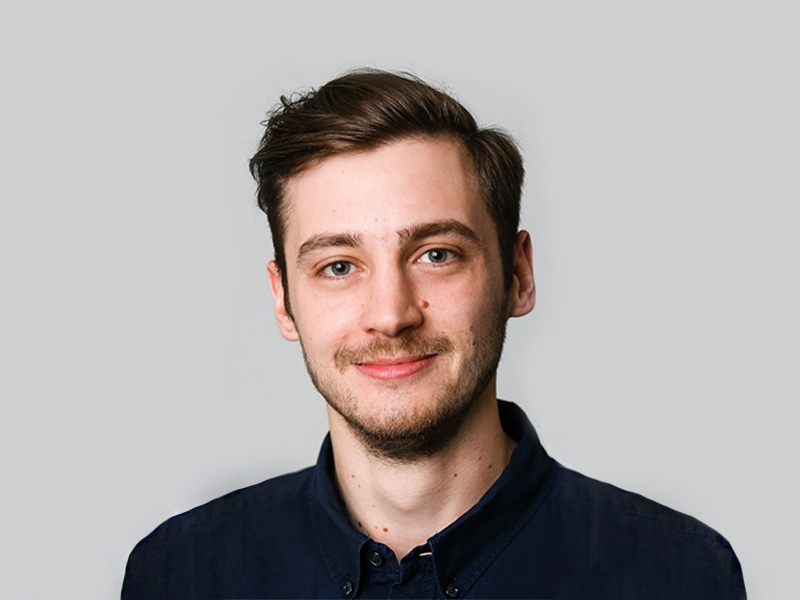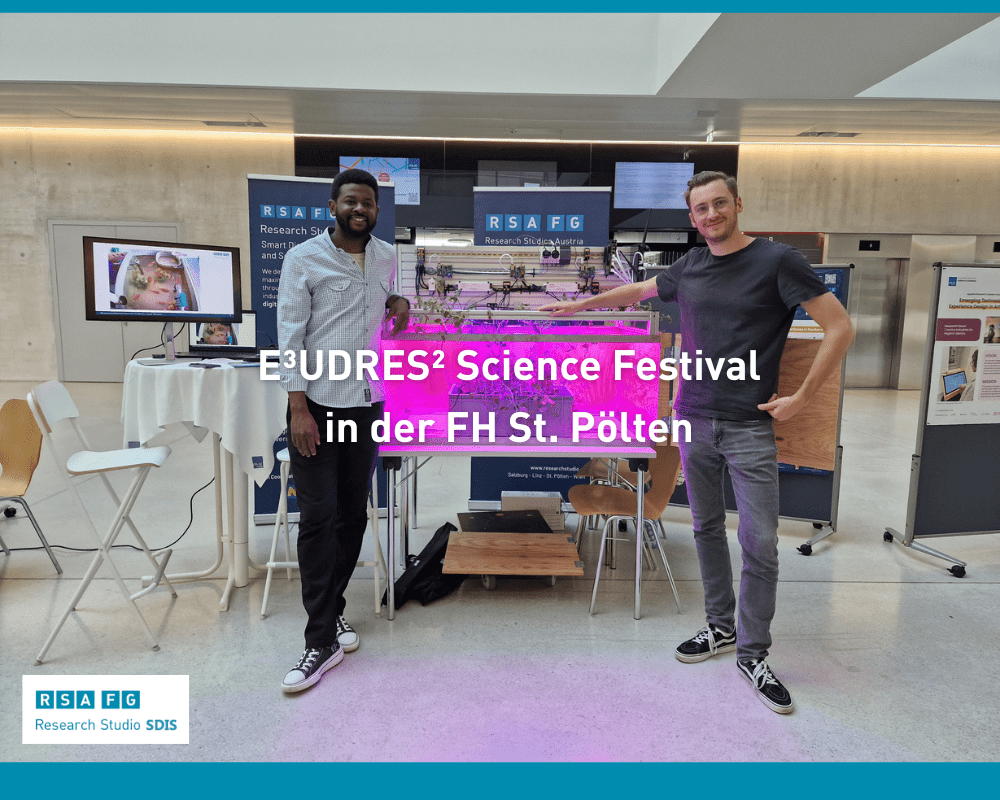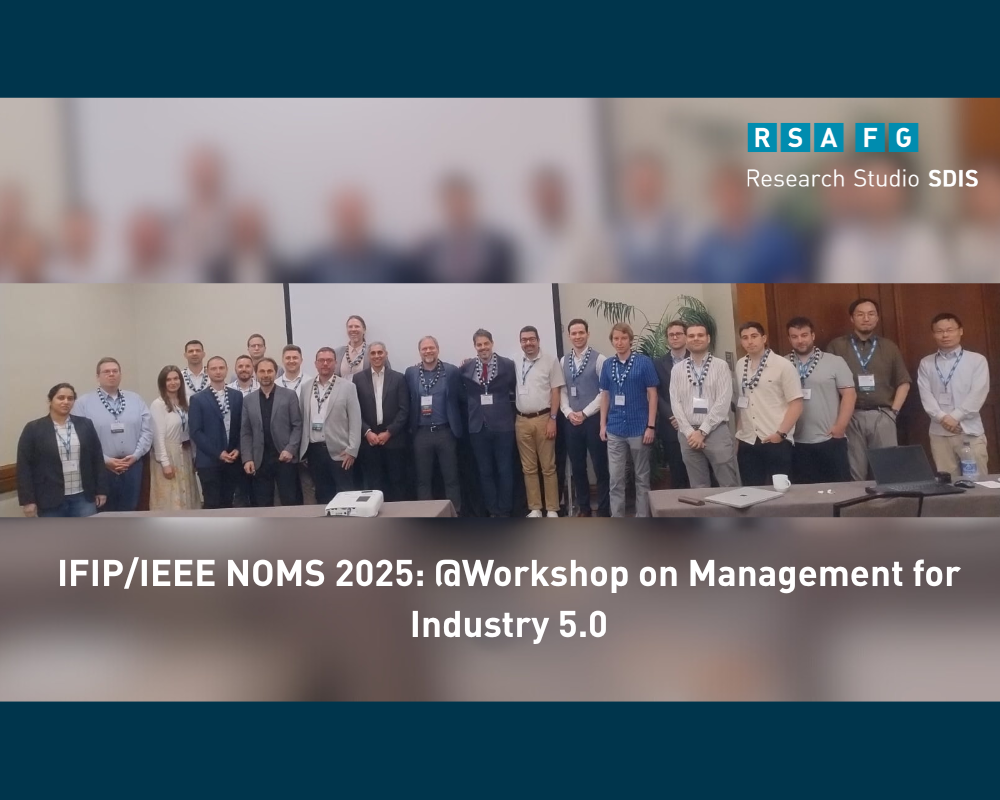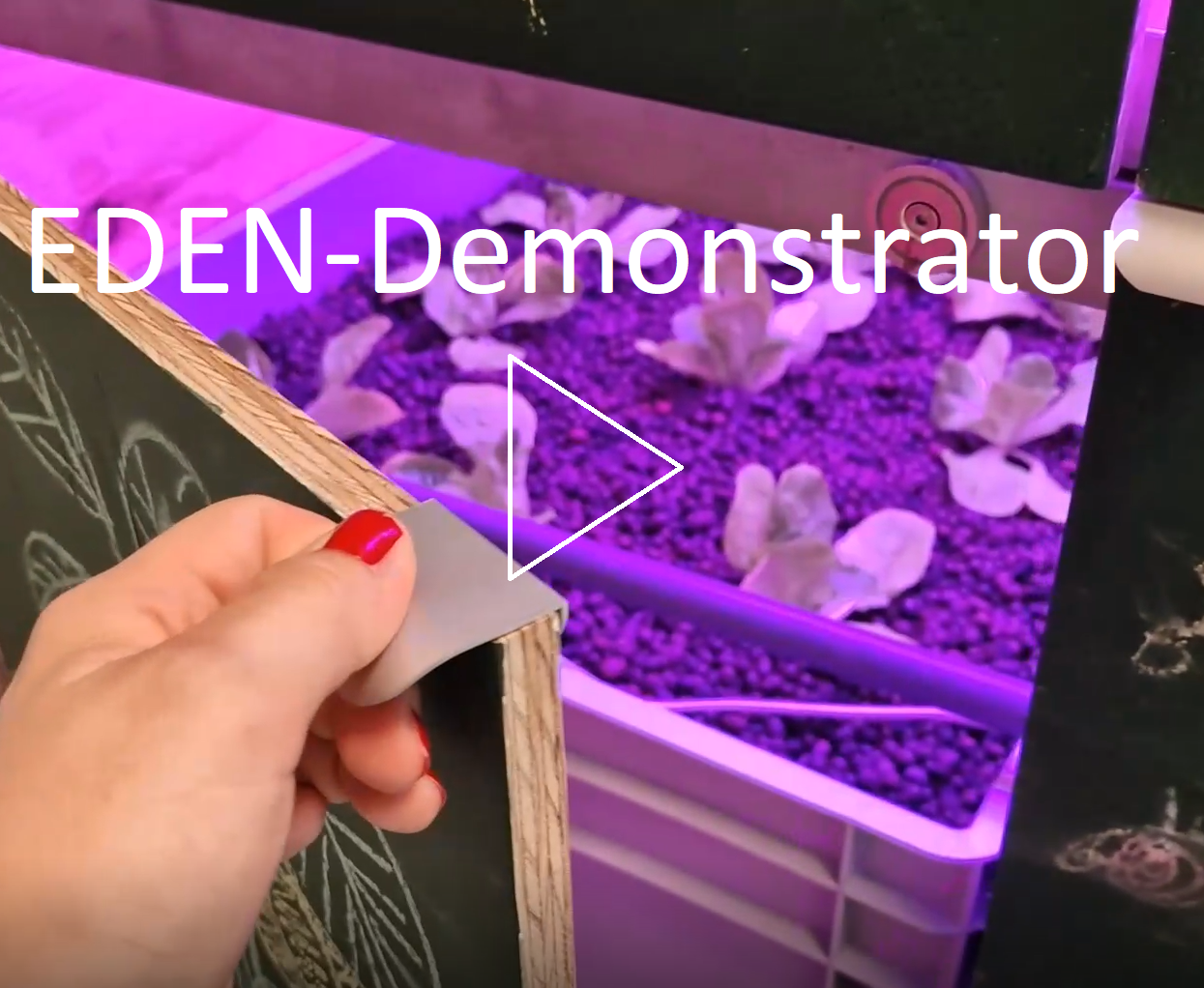Project Details
Runtime:
1.4.2023-31.3.2025
Our expertise:
IoT technology
Aquaponics
Spatial data visualisation
Studio:
Smart Digital Industries & Services
No artificial fertilisers, reduced use of pesticides and up to 97% less water consumption? Aquaponics makes it possible. In our research project, we are working on efficient, decentralised and sustainable food production in conjunction with IoT technologies
IoT technologies can be used to help inexperienced operators to get started. However, the basic concepts of the IoT aspects of aquaponics relevant for the circular economy and similar approaches are already well researched. Therefore, together with the University of Applied Sciences St. Pölten, the Austrian Institute of Technology, the technology service provider Beia and the Lower Austrian start-up AndersFarm, we are investigating the process optimization of individual plants beyond IoT, through the (digital) integration of multiple participants* and the influence of such a distributed approach on established parameters of the circular economy. Among others, we are investigating the impact of community building on the degree of circularity of aquaponic plants.
Our goals are …
… closing material cycles
- EdeN develops recycling concepts for recyclable materials in individual plants and in the distributed production network of several operators
- EdeN contributes to the efficient utilisation of knowledge, valuable materials and energy.
… the intensification of product utilisation
- EdeN increases the yield of an aquaponics system through intelligent control.
- EdeN provides building instructions for an aquaponics system made from recycled material.
… optimised use of resources
- EdeN uses intelligent IoT control to reduce the use of energy and raw materials.
- EdeN utilises an innovative construction and designs an energy self-sufficient system – thus reducing the use of energy and raw materials even further.
Project Details
Runtime:
1.4.2023-31.3.2025
Our expertise:
IoT technology
Aquaponics
Spatial data visualisation
Studio:
Smart Digital Industries & Services
No artificial fertilisers, reduced use of pesticides and up to 97% less water consumption? Aquaponics makes it possible. In our research project, we are working on efficient, decentralised and sustainable food production in conjunction with IoT technologies
IoT technologies can be used to help inexperienced operators to get started. However, the basic concepts of the IoT aspects of aquaponics relevant for the circular economy and similar approaches are already well researched. Therefore, together with the University of Applied Sciences St. Pölten, the Austrian Institute of Technology, the technology service provider Beia and the Lower Austrian start-up AndersFarm, we are investigating the process optimization of individual plants beyond IoT, through the (digital) integration of multiple participants* and the influence of such a distributed approach on established parameters of the circular economy. Among others, we are investigating the impact of community building on the degree of circularity of aquaponic plants.
Our goals are …
… closing material cycles
- EdeN develops recycling concepts for recyclable materials in individual plants and in the distributed production network of several operators
- EdeN contributes to the efficient utilisation of knowledge, valuable materials and energy.
… the intensification of product utilisation
- EdeN increases the yield of an aquaponics system through intelligent control.
- EdeN provides building instructions for an aquaponics system made from recycled material.
… optimised use of resources
- EdeN uses intelligent IoT control to reduce the use of energy and raw materials.
- EdeN utilises an innovative construction and designs an energy self-sufficient system – thus reducing the use of energy and raw materials even further.
We see great opportunities in the expansion and optimization of existing agriculture through digital technologies. Many farmers have already discovered aquaponics systems for themselves. EdeN is developing solutions with high innovation content: In various EU projects such as Productive 4.0 and ArrowheadTools, the Arrowhead IoT Framework is being developed, which enables intelligent IoT applications. Devices such as Raspberry Pis, microcontrollers and others are used for measurement and transmission purposes. We propose the use of 6LoWPAN for low energy communication. By using RPL protocol, low energy and fault tolerant communication is provided. We bring expertise in infrastructure and data management based on projects such as Data Market Austria, TRUSTS, Safe-DEED and Web of Needs.
EdeN as a system and know-how supplier
The project serves as the basis for new business areas for AndersFarm and BEIA as system and expertise suppliers for aquaponics farming. AndersFarm already offers rudimentary control systems and advisory services for interested customers. The project results will be transferred into a prototype with the implementation partner BEIA and offered as a new product in an IoT-based aquaponics system. The concepts developed form the basis for new products at AndersFarm and BEIA and are intended to facilitate adoption by untrained farmers and drastically lower the barriers to entry. New customer segments and distribution channels should help to increase the turnover of the fish and vegetables sold and the number of systems sold. The number of aquaponics systems in Austria is expected to increase by 50% in the first year after the end of the project and by a further 75% in the second year. The EdeN project should ultimately contribute to greater food security and have a major impact on efforts in urban agriculture. The results are to be commercialised worldwide and the knowledge database is to promote the independent establishment of an aquaponics system without implementation partners.
- Benefits for other forms of agriculture: EdeN also provides general technology, circular economy and energy concepts for other forms of local and artificially controlled agriculture. The aim is to increase yields while reducing resources and energy consumption. The structure and organisation of the knowledge database can be immediately transferred to other areas. The IoT platform for optimising the control of the system is also relevant for other areas with minor adaptations to the sensor technology.
- Use for costumers:Aquaponics systems can counteract the increasing trend towards urbanisation by helping to optimise resources, reduce transport costs and ensure security of supply. Short delivery routes and transparent production guarantee healthy and sustainable food for customers. Thanks to modifications, the systems are almost energy self-sufficient and promote resource-saving food production and local, sustainable distribution. In the EdeN project, the systems were further developed to promote the circular economy and ensure a high level of supply security.
- Database for future research & development:The collected IoT data can be used for further R&D projects in the field of aquaponics. The research results from EdeN will also be used for Jamilya Nurgazina’s doctoral project at the Vienna University of Economics and Business. Further research and improvement of the developed frameworks is therefore possible within an extended timeframe.
- Sustainable effects: The potential of IoT technologies for the circular economy is undisputed. The use of digital technologies can contribute to more sustainable supply chains and help to achieve the SDGs.
Demonstrator:
- EdeN: Vertical-Farming-Sandbox
- edenloop: MAPE-K-Software für EdeN
Our research team
Updates
Sieh dir diesen Beitrag auf Instagram an
Sieh dir diesen Beitrag auf Instagram an


